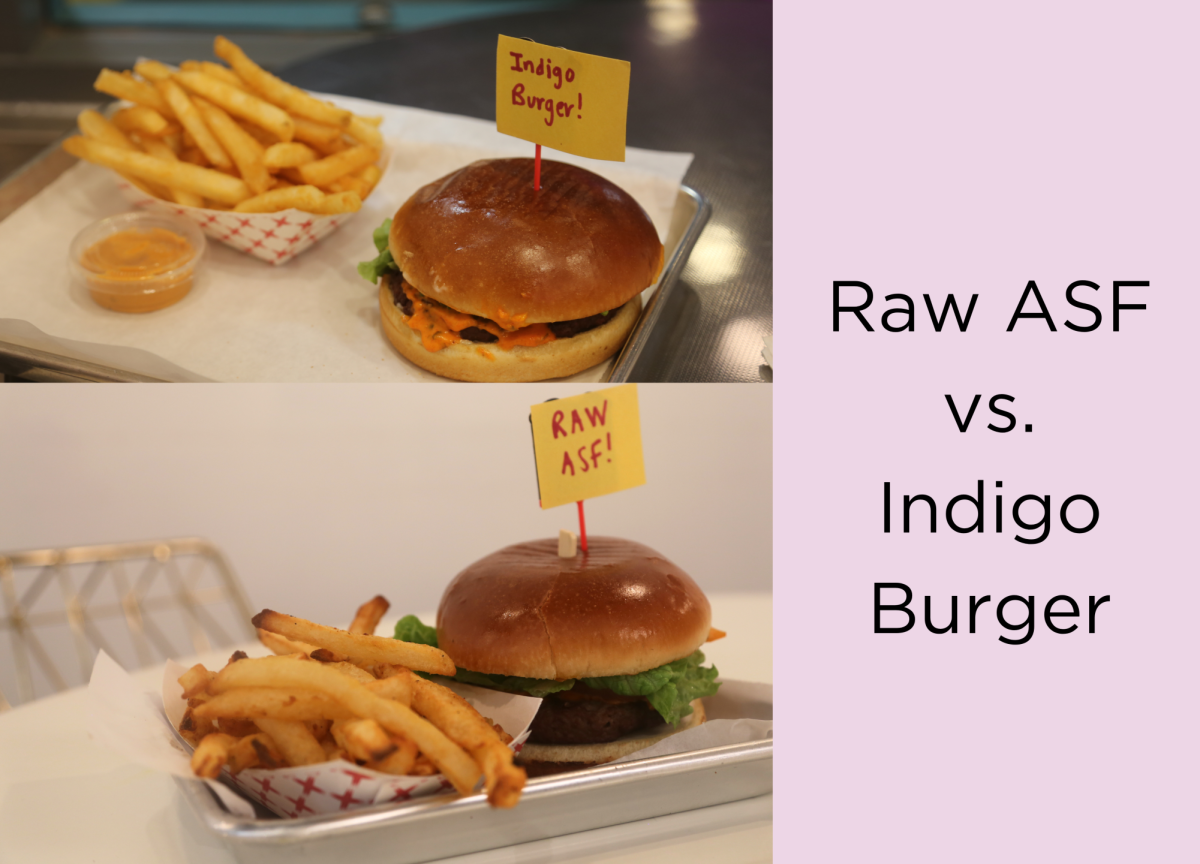How the music industry became a laughing stock
By Chandni Patel | Student Life Editor
Music has long been considered a source of comfort to people. However, in recent history, music like “Friday” by Rebecca Black has made a mockery of the art. The perversion of music is abhorrent but stopping it from spreading is impossible when people do not want to stop listening to it.
While “bad” music is subjective, some songs are better left unheard. Rebecca Black’s “Friday” would make the world a better place if it did not exist. Instead, chatter about the song drove views up into the millions and made it the most viewed YouTube video of 2011. The infamous “Gummy Bear Song” has lasted several generations and is still unfortunately well-known by kids who do not get sick of singing it. How much happier we all would have been as kids if that song had not annoyed teachers and parents everywhere!
These songs are not only inherently bad because of their absurd lyrics or electronic sounds but also because of their detrimental effects on their performers. Admittedly, the “Gummy Bear Song” has not ruined anyone’s life. But songs like “Friday” or “The Fast Food Song” obliterated any chance that Rebecca Black or the Fast Food Rockers had at a real music career. What could they have possibly been thinking?

For the Fast Food Rockers, the thought was that they would make more money if the music became popular; whether the attention was positive or negative had no relevance. For Rebecca Black and, more recently, Alison Gold (singer of “Chinese Food”), it’s about doing as the producer says to break into the music industry. Producers like Patrice Wilson, who wrote both of their musical vulgarities, are the reason why gullible hopefuls like Black and Gold will never live down the shame from participating in these mishaps.
The public, however, is the biggest culprit. Every time a new musical disaster appears, we are drawn to it like a train wreck. People share, tweet and write news stories about bad songs, increasing the number of views and unduly encouraging their continuance. Some of these songs are even played in school hallways or at the end of rallies. Morbid curiosity is destroying the sanctity of music and what’s worse is that any attempt to prevent it is an exercise in futility.











